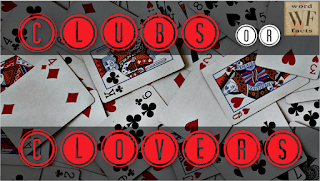2055: Words for Wine across Linguistic Boundaries Jul 31, 2020

Wine is something that has been shared around the Mediterranean and beyond, both literally and also linguistically. Old, basic concepts tend to have lots of related cognated across related languages, but in the case of 'wine' it is actually shared across unrelated languages as well. 'Wine' in English comes from a Proto-Indo-European (PIE) root '*uoin-a-', and there are plenty of other PIE-descended words too, like the Latin 'vinum'. Likewise, there are many related non-PIE words like the Georgian ღვინო (gvino), the Armenian գինի (gini), the Hebrew יין (yáyin), the Amharic ወይን (wäyn), and the Swahili 'mvinyo'. Of course, many of these words, including those of Africa and Northern Europe especially will be borrowed, but there is no consensus as to whether this original root is from a Semitic, Indo-European, or even Kartvelian language; some theories will be more convincing than others though. Watch the newest video, about classifying historical lan...





